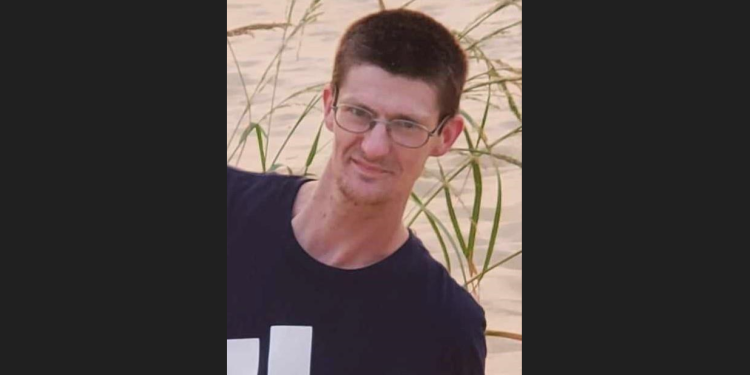The family of a Clearfield man, who died while incarcerated at SCI Smithfield in Huntingdon, has filed a wrongful death lawsuit in federal court alleging officials were indifferent to his suicide risk.
The complaint, filed by Dylan T. Hastings of Philadelphia on behalf of Jeffrey A. Bell Sr., and Rogena McGarry, parents of the deceased, outlines how Jeffrey A. Bell Jr., 38, was taken into custody after he violated his parole and was transported first to the Clearfield County Jail, and then transferred to the state prison March 29 where he killed himself a few days later.
Online court documents show that Bell was sentenced to one to two years in state prison in September 2023 for violating his probation on a 2021 obstructing the administration of law charge.
Hastings explained that Bell was in a halfway house after serving time in the prison but left the facility in March, thus violating the terms of his parole.
While he was being transported to the prison by parole officers, Jacob Yeager and Todd Yarnell, they called his mother to advise her of his whereabouts.
She told them “that Jeffrey was suicidal as he had threatened to commit suicide on several occasions over the preceding days, and that he needed to be placed on suicide watch at SCI-Smithfield as he would commit suicide if he were not,” it says in the complaint.
They responded that he hadn’t said anything about killing himself to them, and she pointed out that they had only been with him a short period of time. They advised her to call the prison.
When they arrived at the facility, they reportedly did not inform the prison’s staff of her warning that Bell was suicidal.
Around 1:15 p.m. that day, McGarry called the prison and selected a choice from a prompt that would supposedly transfer her call to someone so she could report him as a suicide risk.
Instead she spoke with two employees who advised her to call back on Monday to speak with Bell’s counselor who had not yet been assigned.
All of these employees are listed in the lawsuit as being “deliberately indifferent to Jeffrey’s suicide risk.”
Once admitted to the prison, Bell was assessed by Kati Cruz, RN. He told her he had not been taking his medical or psychiatric medications for months.
He also stated, according to the lawsuit, that “a lot of people are going to be disappointed in me” and clarified he meant both prisoners and staff because he had been in the prison just a few months earlier.
A psychological services specialist, Jessica Beeler, did the initial mental health assessment. He also told her he was not taking his medication for a month and was sad his wife was leaving him.
On March 30, Kimbre Barnish, RN, performed Bell’s detox assessment. He reported to her that he was anxious, had cold sweats, tremors and generalized pain.
In the afternoon of March 31, Frederick Schleicher, RN, did another detox assessment. During this, Bell explained to him that he “felt like [expletive]” and was experiencing shakes, sweats, nausea and anxiety.
That night at 8 p.m., Bell was found “dead hanging from his bunk bed with a bed sheet tied around his neck.” His manner of death was ruled a suicide by hanging, according to the complaint.
In the lawsuit, it states that the defendants were trained to identify inmates at risk of suicide.
“Jeffrey’s presentation and symptoms should have caused the SCI-Smithfield defendants to place him on the prison’s suicide protocol. Inmates assessed as suicide risks must be placed on the SCI-Smithfield’s suicide protocol, which requires that their prison cells be suicide resistant and that they be issued a safety smock and safety blanket to prevent them from using their clothes or bedding as ligatures.”
It goes on to state that suicidal inmates, often do not admit to their thoughts so they can “avoid being housed in sterile housing and losing some of their privileges and possessions.”
Prison employees should have realized Bell was a “suicide risk based on his physical, mental and emotional presentation” at the prison and were “deliberately indifferent to his suicide risk by failing to place him in the prison’s suicide protocol.”
The lawsuit states that all of the defendants violated Bell’s rights under the fourth and fourteenth amendments of the U.S. Constitution, causing him “pain and suffering, death and lost earning capacity.”
It asks for “general, compensatory, and special damages,” as well as punitive damages and attorney fees and costs.
In addition to his parents, Bell is survived by two teenage daughters.
Hastings has successfully handled lawsuits in regards to deaths at the Clearfield County Jail including a reportedly $1 million settlement in the wrongful death of Kaityln Evans, 31, who died of an overdose at the jail in July 2023.



